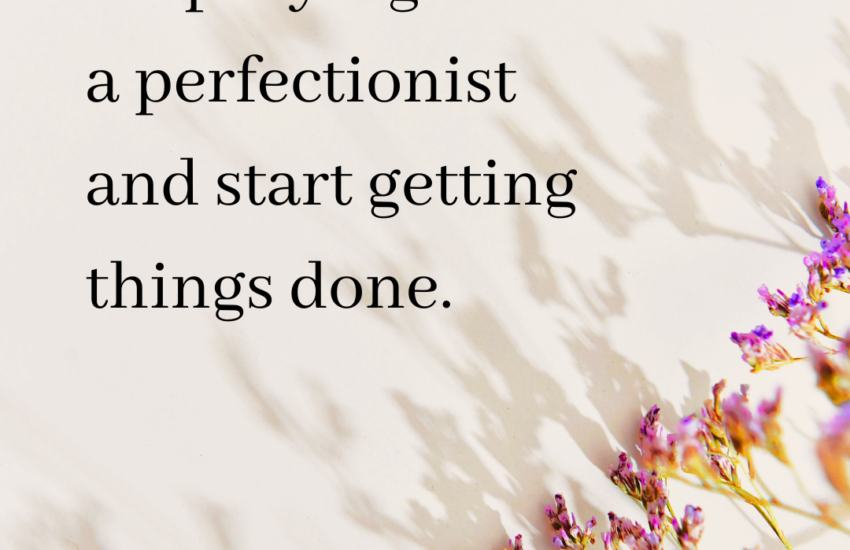Four reasons to write your life story
Reason #1: You get to tell your life story, as opposed to having someone else tell their version of it
Oral history is one of the most ancient forms of storytelling, but there are major drawbacks to relying on someone else’s recollection of your story. Have you ever played the game “telephone”? The original message tends to get misheard, misinterpreted, and sometimes lost altogether.
Writing down your life story — as told by you directly — eliminates opportunities for misinterpretation and inaccuracies. Furthermore, there are important details that only you can describe about your life events: what you thought and how you felt at that time, why you made the decisions you did, and what it looked like from your point of view. Only you have direct access to your memories, and only you can share them with the world. You are the gatekeeper of your own story.
Jonathan Perlman writes: “The story of your life is one that is unique to you. Nobody else has lived your life, and no one else ever will. When the next generation and generations to come think of you, you want them to have access to a legacy of storytelling that lasts well into the future. That’s why it’s important to think about ways to share your story with your family and future generations now. Don’t wait.” https://www.traditionseniorliving.com/five-ways-to-pass-your-story-down-to-future-generations/
Reason #2: You get to pass down the most unique and personalized heirloom (the book of your life) for your loved ones
Some of the most common family heirlooms passed down from generation to generation include jewelry, furniture, handwritten recipes, clothing, timepieces, musical instruments, photo albums, and so on. However, as Linnea Crowther points out: “Not all heirlooms are something you can touch. And some of the most cherished ones are completely intangible — they’re the stories we share through the generations. Repeating those stories when loved ones gather is one way to keep them alive, but recording them on audio or video, or writing them down, guarantees we’ll remember them years in the future.” https://www.legacy.com/advice/21-most-common-family-heirlooms/
And what better heirloom to leave behind than the written story of your life? Why not leave a book about the person that is uniquely you, and the lessons learned throughout an entire lifetime? What a gift to pass down to your loved ones so they can read, enjoy, learn from, and benefit from the story of your life. It may also help them understand more about themselves.
Reason #3: Education for the future, through understanding the past
In my opinion, Sue Monk Kidd (author of The Secret Life of Bees) said it best: “Stories have to be told or they die, and when they die, we can’t remember who we are or why we’re here.”(https://suemonkkidd.com/)
Every person is a unique mix of backgrounds. We come from different cultures and different geographical locations; we have different educations, learn different trades, have different travel experiences, and have our own traditions that may not be familiar to others. Putting your story on paper can be educational to your friends, family, or anyone that reads it — now and into the future.
Author Susan K. Spaulding writes: “We have all faced challenges in life. Writing about how you dealt with those challenges helps you feel better by dissolving the matters that sometimes have you stuck in the past. It is likely to inspire others and help them learn ways to handle their own challenges.”
Spaulding then goes on to write about the educational experience that you, as an author or storyteller, experience for yourself during the process of writing your life story: “It will also demonstrate why life is worth living and will guide you to enjoy reliving the good moments in your life. It is yet another way to stretch yourself. You will learn something from your own experiences, and you will teach something valuable.” (https://sixtyandme.com/telling-your-life-story-is-not-difficult-heres-how-to-get-started/)
By materializing your life story into book form, you are able share your life lessons and educate others through your own personal experiences. The lessons contained in your life stories will continue to educate others long after you are gone.
Reason #4: In today’s world, writing your life story is easier than you think (have someone else do the work for you)
Let’s face it, writing is difficult and time-consuming. The main reason most people never get their life story written down on paper is because there is “not enough time to write.” And if you are one of the few that has set aside time to write, sometimes it’s hard to get motivated or even to know where to start. Plus, most of us tend to edit while we write, constantly thinking about misspelled words and correcting grammar, which makes the process even more difficult and time-consuming.
Fortunately, there is a simple solution: hire someone to capture your story and have them do the writing for you.
There are ghostwriters available for hire, and companies like Life Writers that will do the hard part for you: the actual writing. Life Writers, for example, is a memoir-writing service that records your life story with an interview, then writes, edits, designs, and creates the book of your life. All you need to do is tell your story one more time, and they do the rest. (Simple!)
The best part is that you will still be credited as being the author of the book, with full copyrights. So once the book of your life is printed, you get to say that you wrote a book!
To see how it works, click here.
In conclusion, every person’s life story is unique, important, and deserves to be written and shared with those who matter most. You can educate generations to come through your personal experiences, but only if you take action to get those stories written down.




